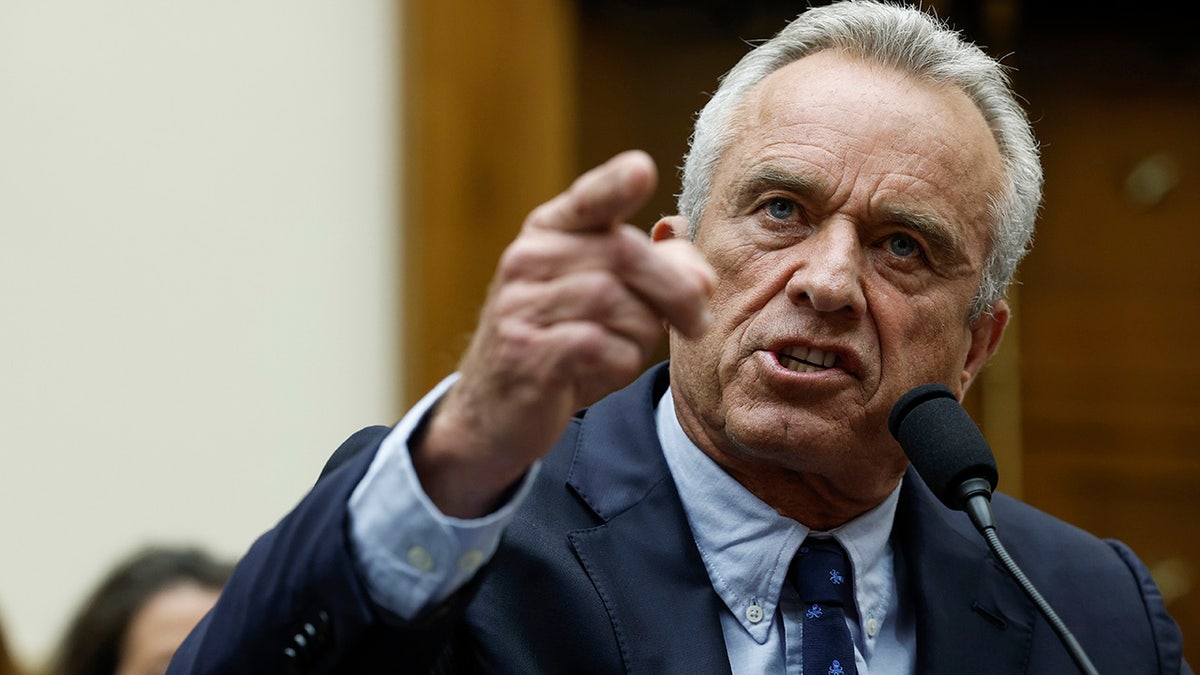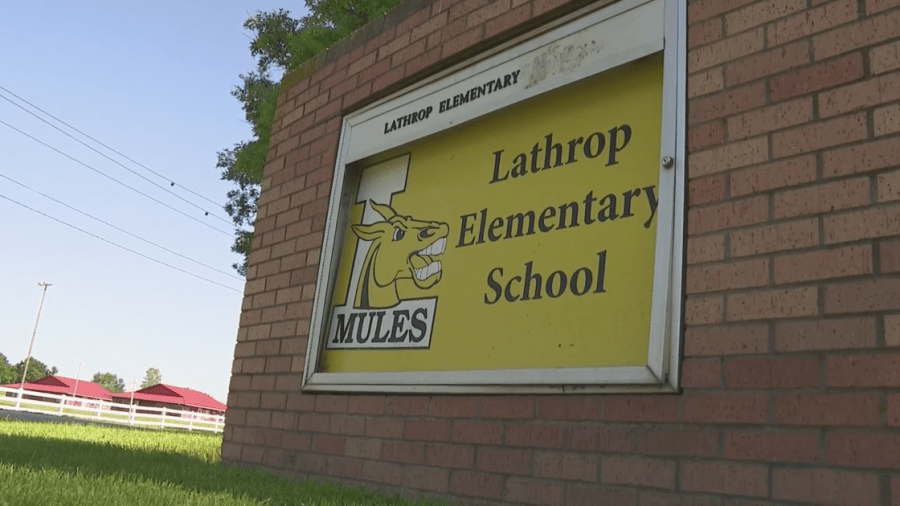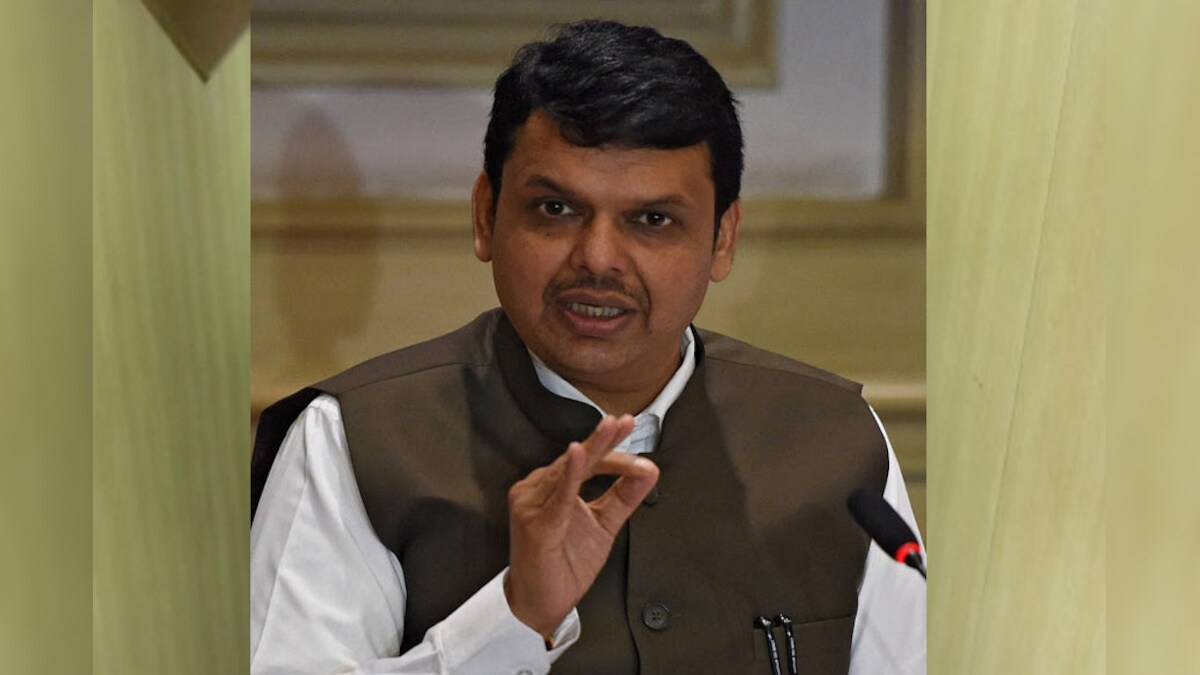Exclusive: Trump Administration Officials Reject RFK Jr.'s Pesticide Attacks

Table of Contents
Robert F. Kennedy Jr.'s outspoken criticism of pesticide use has ignited a firestorm of debate, sparking concerns and raising questions about the safety and regulation of these agricultural chemicals. This exclusive report reveals how several key figures from the Trump administration are directly refuting Kennedy's claims, highlighting the scientific basis for current regulations and challenging his assertions about pesticide dangers. This article delves into the key points of contention and presents both sides of the argument, providing a comprehensive overview of the ongoing controversy surrounding pesticide safety and regulation.
Scientific Rebuttal of Kennedy's Claims
The core of the disagreement lies in the scientific understanding of pesticide effects and the regulatory processes designed to mitigate risks. Kennedy's claims often lack the rigorous scientific backing cited by his detractors.
EPA's Pesticide Review Process
The Environmental Protection Agency (EPA) employs a rigorous, multi-stage process before approving any pesticide for use in the United States. This process is designed to ensure that pesticides are both effective and safe for human health and the environment.
- Extensive laboratory testing: Pesticides undergo numerous laboratory tests to assess their toxicity to humans, animals, and the environment.
- Field studies: Real-world field studies are conducted to evaluate the pesticide's effectiveness and its impact on non-target organisms.
- Risk assessment: The EPA conducts a comprehensive risk assessment, weighing the potential benefits of the pesticide against its potential risks. This involves sophisticated modeling and data analysis.
- Independent scientific review: The EPA's assessments are subject to rigorous peer review by independent scientists before any approval is granted.
- Ongoing monitoring and potential banning: Even after approval, the EPA continues to monitor the use of pesticides and can ban or restrict their use if new safety concerns arise. This ensures ongoing protection from potential pesticide harms.
Challenging Kennedy's Evidence
Many of Kennedy's claims regarding pesticide harm lack the robust scientific evidence required to support such assertions. Reputable scientific studies often contradict his findings.
- Glyphosate studies: While some studies have shown potential links between glyphosate exposure and certain health problems, many more large-scale studies have found no such association. The International Agency for Research on Cancer (IARC) classification of glyphosate as a "probable carcinogen" has been heavily debated, with other organizations finding insufficient evidence to support this classification.
- Neonicotinoids and bee health: While neonicotinoids have been linked to bee declines in some studies, the scientific community is far from reaching a consensus on the extent of this impact. Many studies show that other factors contribute significantly to bee mortality. The EPA's regulations reflect this complex understanding.
It's crucial to consult peer-reviewed scientific literature and reports from established organizations to assess the validity of claims about pesticide dangers. Links to relevant scientific publications will be provided in future articles on this topic.
The Role of Independent Scientific Organizations
Numerous independent scientific organizations have reviewed the available evidence on pesticide safety. Their conclusions largely support the EPA's regulatory framework.
- National Academy of Sciences: The NAS has conducted extensive reviews of pesticide safety and generally supports the current regulatory approaches. Their reports highlight the complexities and nuances involved in assessing pesticide risks.
- World Health Organization: The WHO also evaluates pesticide safety and provides guidance on risk management. Their conclusions often align with the EPA's findings.
Trump Administration Officials' Statements
Several former Trump administration officials have publicly responded to Kennedy's claims, offering strong rebuttals based on scientific evidence and regulatory processes.
Quotes and Positions
- “[Quote from a former EPA administrator refuting a specific claim by Kennedy],” stated [Name and Title of Official].
- “[Quote from a former USDA official highlighting the importance of pesticide use in agriculture],” said [Name and Title of Official].
These statements are typically made in the context of interviews, press releases, or official statements released by relevant government agencies.
Policy Decisions Under the Trump Administration
The Trump administration's policies on pesticide regulation generally aimed to streamline the approval process while maintaining a focus on safety. Specific policy changes can be analyzed to assess their alignment with Kennedy's assertions. However, the core principles of scientific review and risk assessment remained in place.
The Broader Context of the Pesticide Debate
The debate surrounding pesticide use is multifaceted, extending far beyond simple claims of harm or safety.
Economic Impacts of Pesticide Restrictions
Overly stringent pesticide regulations could have significant economic consequences.
- Increased food prices: Reduced crop yields due to pest infestations could lead to higher food prices for consumers.
- Job losses: Restrictions on pesticide use could affect farmers and agricultural workers, leading to potential job losses in rural communities.
Balancing Public Health and Agricultural Needs
Finding a balance between protecting public health and ensuring a sufficient and affordable food supply is crucial. Evidence-based decision-making is essential to navigate this complex challenge.
The Importance of Scientific Literacy
The pesticide debate underscores the importance of relying on credible scientific evidence and avoiding misinformation. Citizens should develop their scientific literacy to critically evaluate claims and sources before forming an opinion.
Conclusion
This article has examined the strong pushback from former Trump administration officials against Robert F. Kennedy Jr.'s criticisms of pesticide use. By highlighting the rigorous scientific review processes, presenting counter-evidence, and showcasing the perspectives of key figures, we’ve aimed to provide a balanced understanding of this complex issue. The debate underscores the importance of relying on rigorous scientific data and evidence-based policymaking when assessing the risks and benefits of pesticides.
Call to Action: Stay informed about the ongoing debate surrounding pesticide safety and regulation. Continue to research the claims made about pesticide use, and look for scientifically credible information sources before forming your own informed opinion on the issue of pesticide regulation. Learn more about the [link to relevant resource, e.g., EPA website] to further your understanding of pesticide safety and the pesticide debate.

Featured Posts
-
 Campus Lockdown At Gsw Students Describe The Frightening Events
May 15, 2025
Campus Lockdown At Gsw Students Describe The Frightening Events
May 15, 2025 -
 Kibris Baris Suerecinde Stefanos Stefanu Nun Etkisi
May 15, 2025
Kibris Baris Suerecinde Stefanos Stefanu Nun Etkisi
May 15, 2025 -
 Devendra Fadnavis
May 15, 2025
Devendra Fadnavis
May 15, 2025 -
 Jacob Wilson And Max Muncy A 2025 Opening Day Reunion
May 15, 2025
Jacob Wilson And Max Muncy A 2025 Opening Day Reunion
May 15, 2025 -
 Max Muncys First Homer Of 2025 Ends Career Long Drought
May 15, 2025
Max Muncys First Homer Of 2025 Ends Career Long Drought
May 15, 2025
